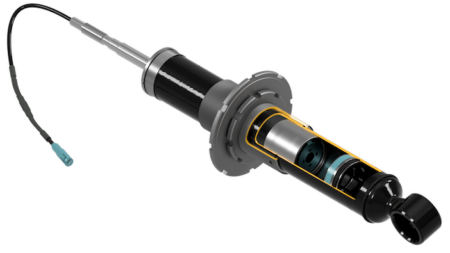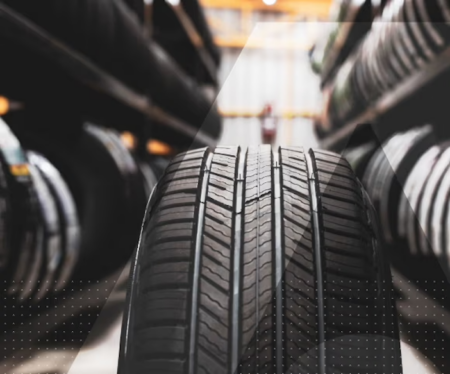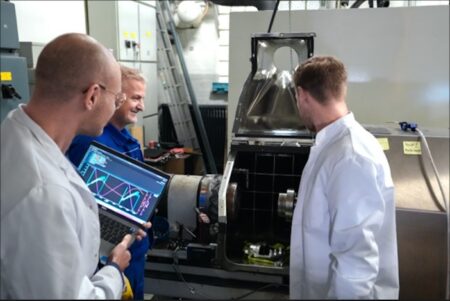CARIAD is leveraging the sensor fusion technology provided by NIRA Dynamics for its development of advanced driver assistance systems (ADAS) and autonomous driving functions.
The companies are using NIRA’s Road Surface Conditions product to create a grip map, a digital map base that provides valuable information on road conditions to enable ADAS in varying road conditions, while improving safety on the roads.
The foundation is built with high-precision data collected from millions of customer vehicles from Audi, Skoda, Seat and Volkswagen. They estimate the coefficient of friction between their tires and the current road segment they are driving on. This data is uploaded to the cloud, anonymized and processed by NIRA, where it is made available for driver assistance systems in Europe and North America.
The grip data in the form of a digital map base is a key enabler for future ADAS and autonomous driving functions. It provides locally precise, real-time information on road conditions, which is essential for safe and efficient driving.
To complement the vehicle grip data with comprehensive road weather data and forecasts, NIRA partners with Vaisala, utilizing Vaisala Xweather’s leading sensor-enhanced weather and environmental data. With this cooperation, NIRA’s Road Surface Conditions is able to combine and assess data from multiple data points, including connected vehicles, RWIS, radar/satellite images and weather prognoses to provide a real-time picture of the road status – with unmatched data coverage. This, in turn, helps to enable SAE Level 2 and 3 vehicle functions in all kinds of weather and road conditions.
“CARIAD’s road condition map base is a significant step towards safer and more efficient driving, and we are proud that NIRA’s Road Surface Conditions is playing a key role in its development,” said Lisa Åbom, CEO of NIRA Dynamics. “Our sensor fusion technology provides high-precision data that is essential for the development of ADAS and autonomous driving functions, and we are excited to see how our collaboration with CARIAD will help to shape the future of mobility.”





